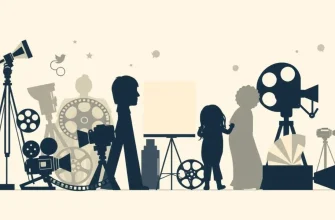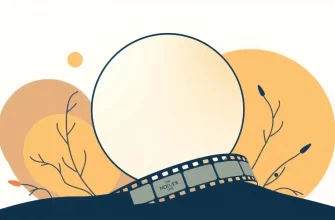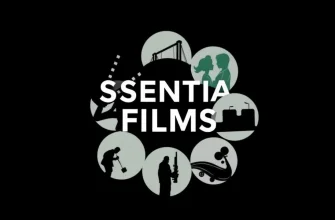This curated collection of films transcends borders, languages, and cultures to bring you a selection of the greatest cinematic masterpieces from around the globe. Each film has not only shaped the history of cinema but also offers a unique perspective on human experiences, making this list an invaluable resource for film enthusiasts seeking to broaden their horizons.
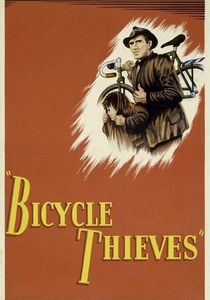
Bicycle Thieves (1948)
Description: Vittorio De Sica's neorealist film about a father and son's desperate search for a stolen bicycle in post-war Rome captures the essence of human struggle and the socio-economic conditions of the time.
Fact: The film was shot on location in Rome with non-professional actors, enhancing its realism, and it won an honorary Oscar for its contribution to the development of film as an art form.
 Watch Now
Watch Now
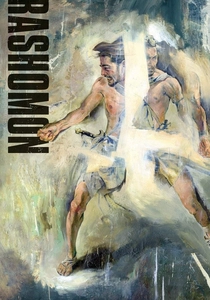
Rashomon (1950)
Description: Akira Kurosawa's exploration of truth and perception through the retelling of a crime from multiple perspectives has become a cornerstone of narrative structure in cinema.
Fact: The film's success at the Venice Film Festival in 1951 introduced Japanese cinema to the West, and its narrative technique has been widely emulated.
 Watch Now
Watch Now

Seven Samurai (1954)
Description: Akira Kurosawa's epic tale of a group of samurai hired to protect a village from bandits is renowned for its action sequences, character development, and influence on global cinema, particularly Westerns.
Fact: The film was initially over three hours long, but Kurosawa cut it down to two hours and forty-seven minutes for its release, and it still remains one of the longest films in mainstream cinema.
 Watch Now
Watch Now
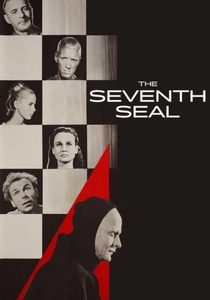
The Seventh Seal (1957)
Description: Ingmar Bergman's masterpiece explores existential themes through the allegory of a knight playing chess with Death during the Black Death. Its profound philosophical questions and iconic imagery have made it a landmark in world cinema.
Fact: The film was shot in black and white to evoke the medieval setting, and the chess game was inspired by a medieval fresco in Täby Church, Sweden.
 Watch Now
Watch Now
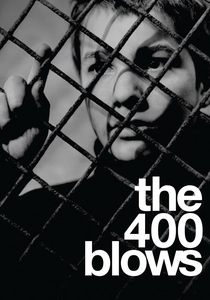
The 400 Blows (1959)
Description: François Truffaut's semi-autobiographical film about a misunderstood adolescent in Paris is a cornerstone of the French New Wave, known for its innovative storytelling and empathy for its young protagonist.
Fact: The film's title is a French idiom meaning "to raise hell," and the iconic final shot of Antoine Doinel running towards the sea was improvised.
 Watch Now
Watch Now
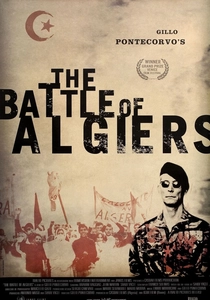
The Battle of Algiers (1966)
Description: Gillo Pontecorvo's docudrama about the Algerian War of Independence is renowned for its gritty realism, innovative filming techniques, and its portrayal of urban guerrilla warfare.
Fact: The film was so realistic that it was used by the Black Panthers for training, and it was banned in France for five years due to its controversial content.
 Watch Now
Watch Now
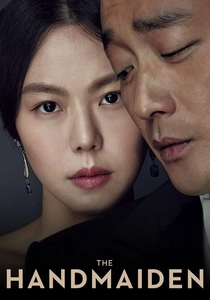
The Handmaiden (2016)
Description: Park Chan-wook's intricate tale of deception, love, and revenge set in 1930s Korea and Japan, showcases his mastery of narrative complexity and visual storytelling.
Fact: The film was inspired by Sarah Waters' novel "Fingersmith" but significantly adapted to fit the Korean setting, and it features a twist that was kept secret from the actors until the day of shooting.
 Watch Now
Watch Now
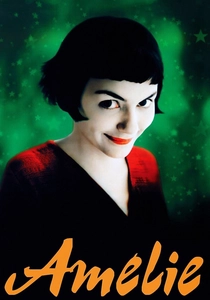
Amélie (2001)
Description: Jean-Pierre Jeunet's whimsical tale of a shy waitress who decides to change the lives of those around her for the better, while struggling with her own isolation, has charmed audiences worldwide with its vibrant visuals and heartfelt storytelling.
Fact: The film was shot in Montmartre, Paris, and the production team had to repaint the neighborhood to match the director's vision of a colorful, magical Paris.
 30 Days Free
30 Days Free
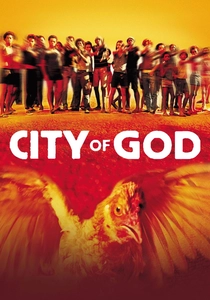
City of God (2002)
Description: Fernando Meirelles and Kátia Lund's depiction of life in the favelas of Rio de Janeiro is both a thrilling crime drama and a social commentary on poverty, violence, and the quest for a better life.
Fact: Many of the actors were non-professionals from the favelas, providing an authentic portrayal of the environment, and the film was shot in sequence to maintain the actors' emotional continuity.
 30 Days Free
30 Days Free
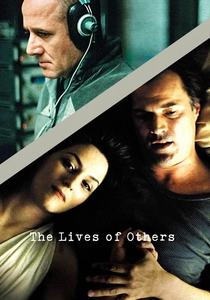
The Lives of Others (2006)
Description: Florian Henckel von Donnersmarck's film about a Stasi officer who becomes increasingly sympathetic to the subjects he's surveilling offers a poignant look at surveillance, privacy, and the human spirit under oppressive regimes.
Fact: The film was inspired by real-life events and the director's own experiences growing up in East Germany, and it won the Academy Award for Best Foreign Language Film.
 30 Days Free
30 Days Free



